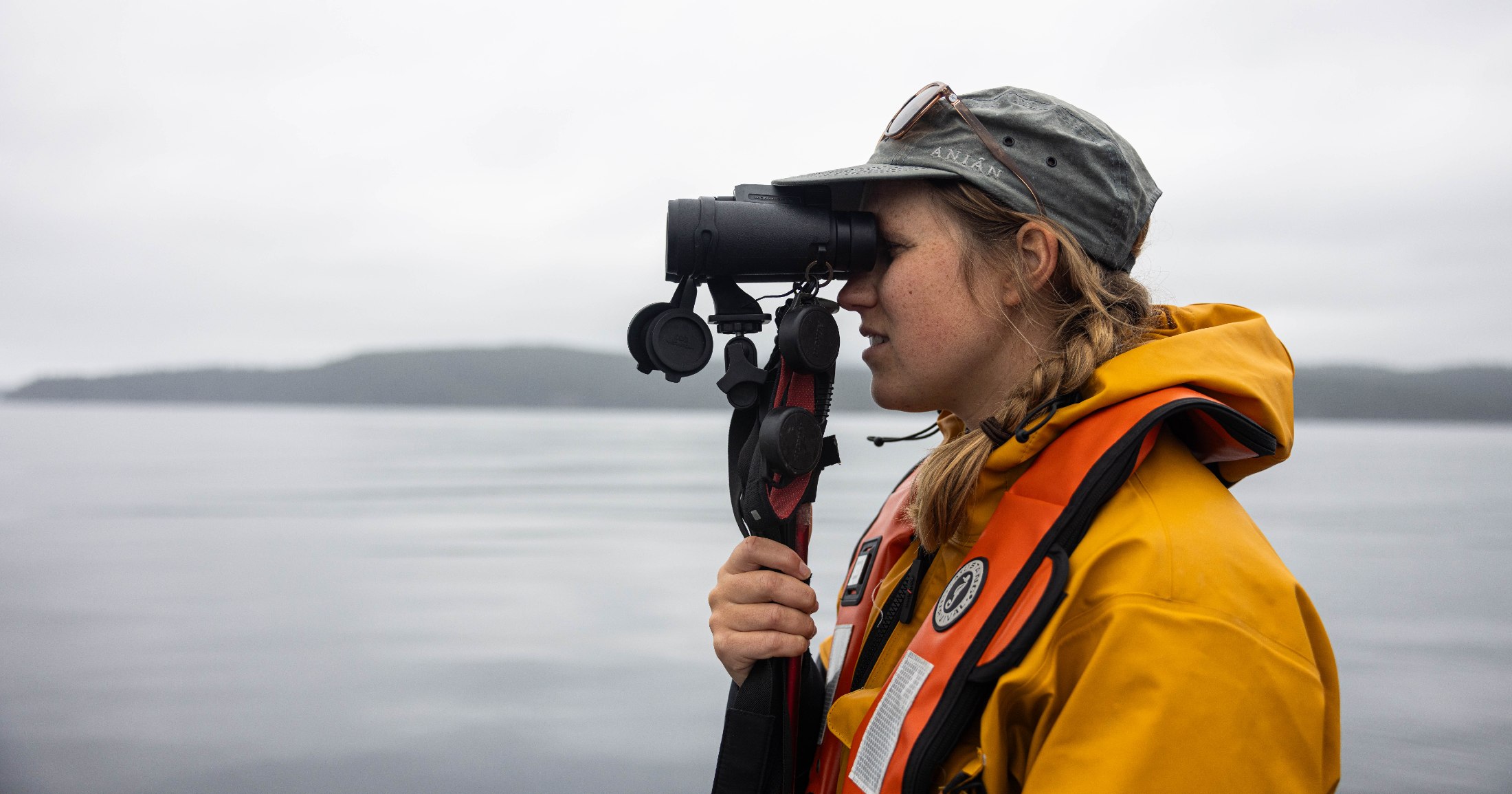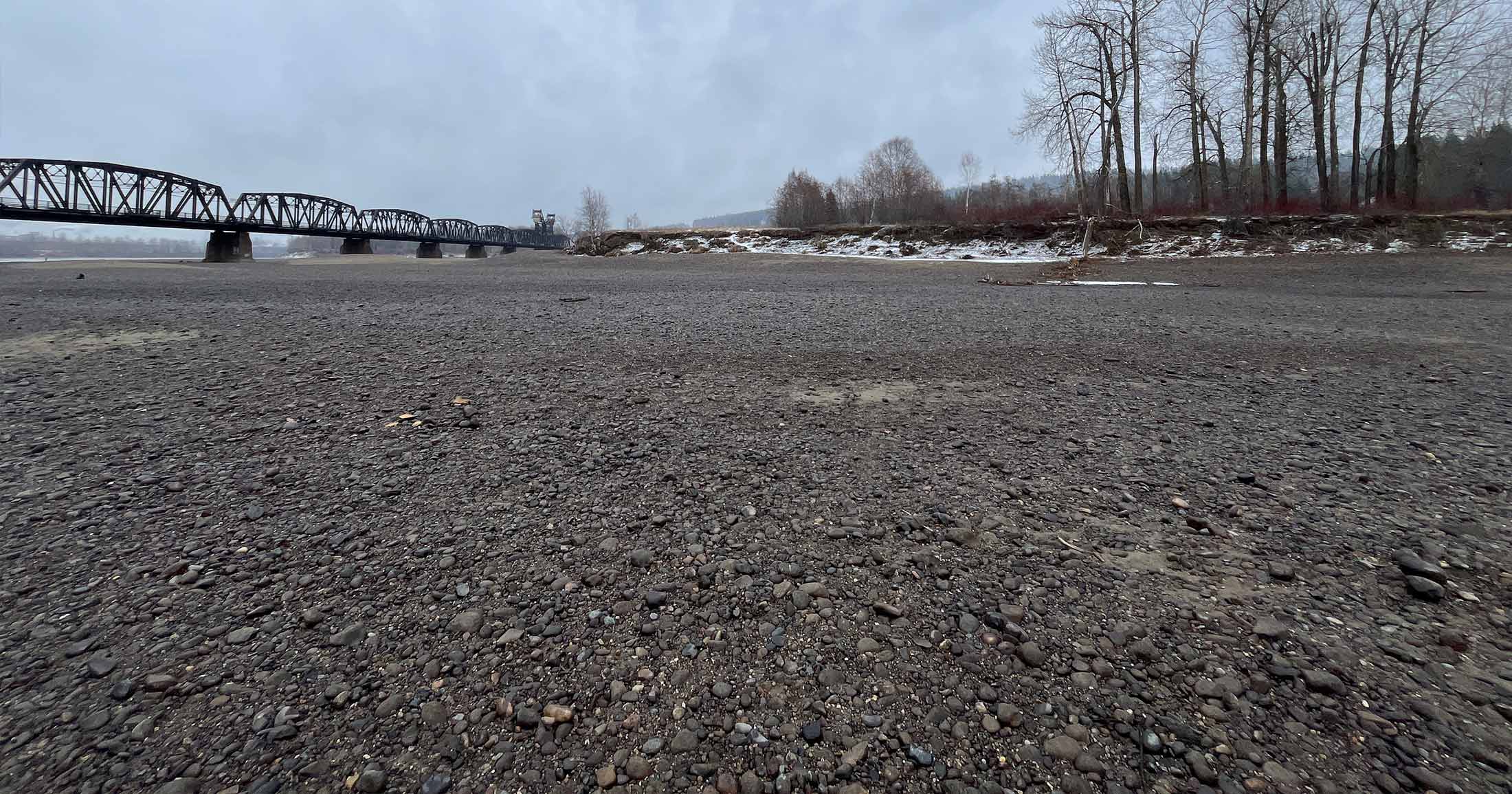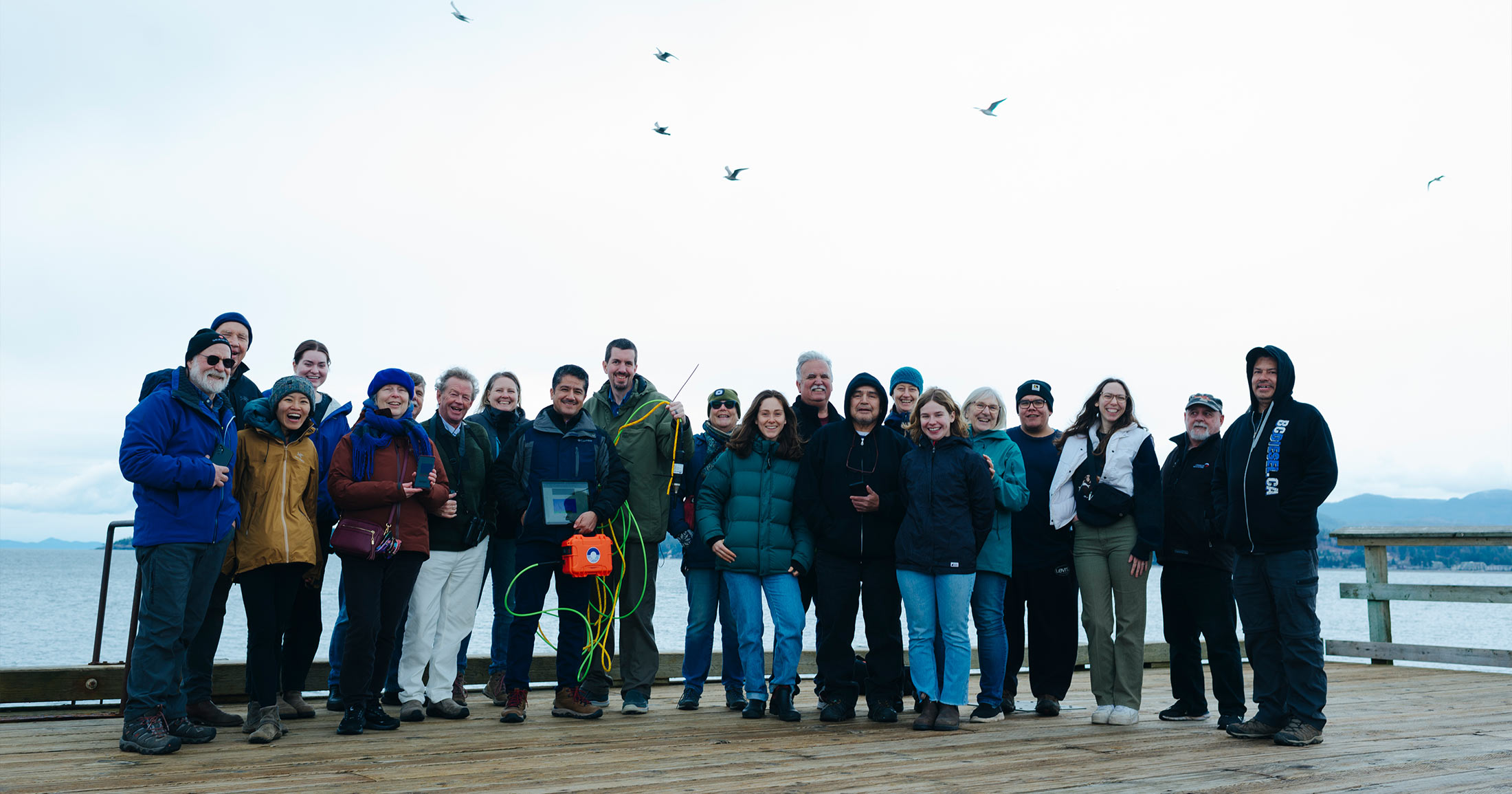Five reasons to oppose BC’s wolf cull
EMAIL, CALL OR WRITE YOUR MLA AND TELL THEM TO OPPOSE BC'S WOLF SLAUGHTER
MLA contact info: www.leg.bc.ca/mla
Alberta wolf cull AVAAZ petition
Raincoast’s recent published paper on the wolf culls
Citizen letters opposing the wolf culls
One. Killing wolves will not improve caribou recovery. Ostensibly to protect caribou, the BC government has been engaging in wolf sterilization experiments and wolf killing for more than a decade. These programs have not resulted in any measurable benefits for caribou (as stated in the BC Wolf Management Plan). Alberta’s wolf cull, as reported in the Canadian Journal of Zoology in Nov 2014, failed to achieve any improvement in Boreal Woodland Caribou adult female survival, or any improvement in calf survival, and as such had no effect on population dynamics.
Help Raincoast continue our crucial work to protect BC’s wolves by donating today.
Two. Habitat quality is the most important component of caribou recovery. Since it takes hundreds of years to establish an adequate biomass of tree lichen to sustain mountain caribou populations, deforestation is a major factor in the decline of caribou numbers as well as their failure to recover. Habitat quality is the most important determinant of the dynamics of populations of large mammalian herbivores and omnivores.
The BC government made the decision decades ago to knowingly destroy critical caribou habitat with logging, access roads, and humans activities. They fully knew the consequences of their actions. In the south Selkirk where there are less than 19 caribou, this population is no longer viable and already functionally extinct from the landscape. Habitat that supports a larger herd needs to be protected from logging and all human activities and the herd needs to be reintroduced. This is the only way a viable caribou population can persist. This will require decades. Killing all the wolves to give the public appearance that the government cares about caribou makes no difference to this population. It’s already lost.
Three: Wolves are not the only predators of caribou. Wolves eat caribou. So do cougars and sometimes, grizzlies. A 1999 study on the South Selkirk caribou stated “…most adult mortality was attributable to predation, particularly by cougars…”.
Four: The wolf cull is a slaughter that carries indefensible suffering to wolves. Caribou and wolves coexisted for thousands of years prior to caribou herds being decimated by habitat loss (in both BC and Alberta). Slaughtering wolves using grossly inhumane methods (i.e. aerial gunning, neck snares and poison) reflects fear and intolerance, at best. The province is killing wolves now to give the appearance of action for caribou herds that they decimated after decades of conscious choices not to protect caribou habitat. There are no reasonable ecological or economical reasons to kill wolves. And there are clearly no tenable ethical reasons to induce such harm and suffering.
Five: The ends do not justify the means. Wolf culls involve killing hundreds of wolves, and over the longer term, likely thousands of wolves. In making moral judgments, people tend to regard harm as more serious if it is deliberate rather than unintentional. Both recreational and institutional killing of wolves are rightly viewed as more serious acts than unintentional killing. Similarly, people may regard harm as less significant if done for a seemingly worthwhile purpose. This is a slippery slope. Principled justifications used to sanctify unethical practices that cause harm and suffering are not worthy purposes and are an unethical rationale for killing wolves.
EMAIL, CALL OR WRITE YOUR MLA & ASK THEM TO OPPOSE THE BC WOLF CULL.
MLA contact info: www.leg.bc.ca/mla
READ: Your voices against the wolf cull
GO TO: Raincoast’s wolf cull wolf page for more info
Want more context on caribou and wolf mismanagement in BC? Read the briefing provided by Sr. Scientists and renowned wolf expert Raincoast’s Dr. Paul Paquet
Support our mobile lab, Tracker!
Our new mobile lab will enable the Healthy Waters Program to deliver capacity, learning, and training to watershed-based communities. We need your support to convert the vehicle and equip it with lab instrumentation. This will allow us to deliver insight into pollutants of concern in local watersheds, and contribute to solution-oriented practices that protect and restore fish habitat.










